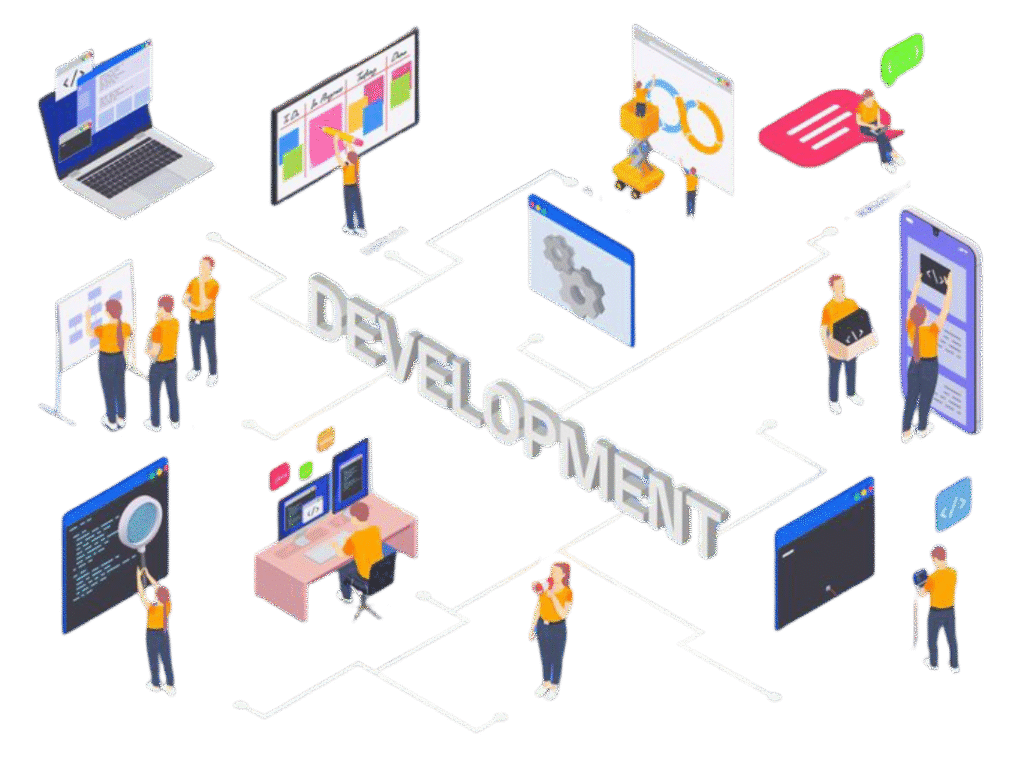Electronic Health Records (EHR) & EMR Systems
Modernize patient records with secure digital platforms.
Implement Electronic Health Records (EHR) and Electronic Medical Records (EMR) to store and share health data safely.
Benefits include: Centralized patient histories, improved treatment accuracy, faster information access, and better compliance.
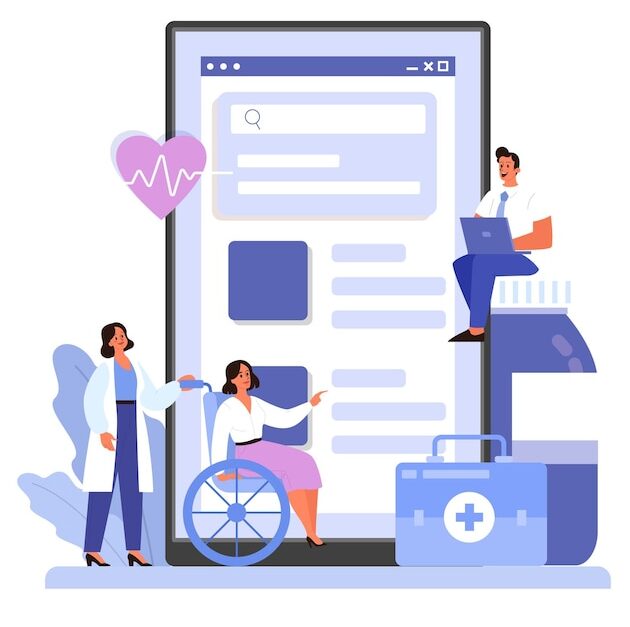
Telemedicine & Appointment Scheduling
Connect patients and providers anywhere, anytime.
Use telemedicine solutions and online scheduling tools to offer virtual consultations and easy booking.
Benefits include: Expanded care access, reduced no-shows, higher patient satisfaction, and streamlined workflows.

Practice Management & Billing
Simplify administration and improve cash flow.
Adopt practice management systems to handle billing, insurance claims, and financial reporting in one place.
Benefits include: Faster reimbursements, reduced errors, automated billing cycles, and transparent reporting.
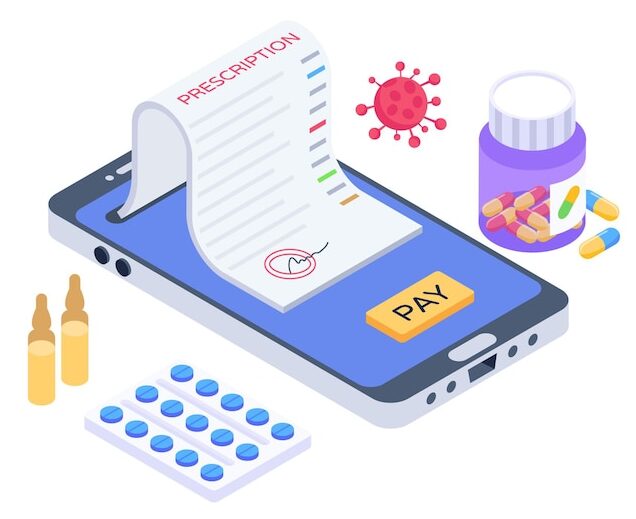
Fitness & Wellness Apps
Deliver engaging health experiences on any device.
Create custom fitness apps to offer workout plans, nutrition tracking, and virtual coaching to your clients.
Benefits include: Increased member retention, new revenue streams, personalized fitness journeys, and brand loyalty.
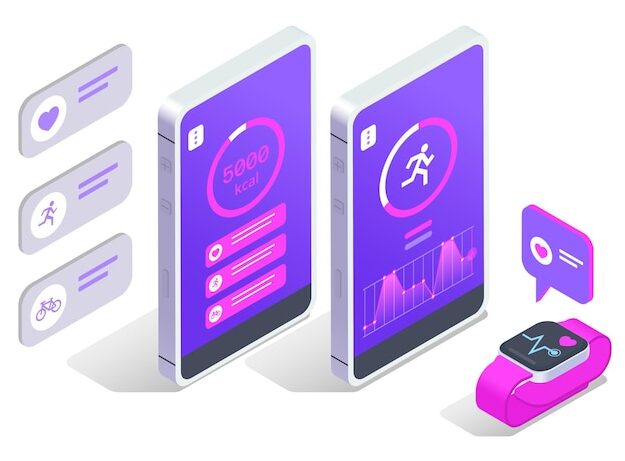
Remote Monitoring & IoT Devices
Empower proactive, data-driven care.
Deploy IoT-enabled health devices to monitor patients’ vital signs and activity in real time.
Benefits include: Early intervention, continuous care, improved outcomes, and reduced hospital visits.
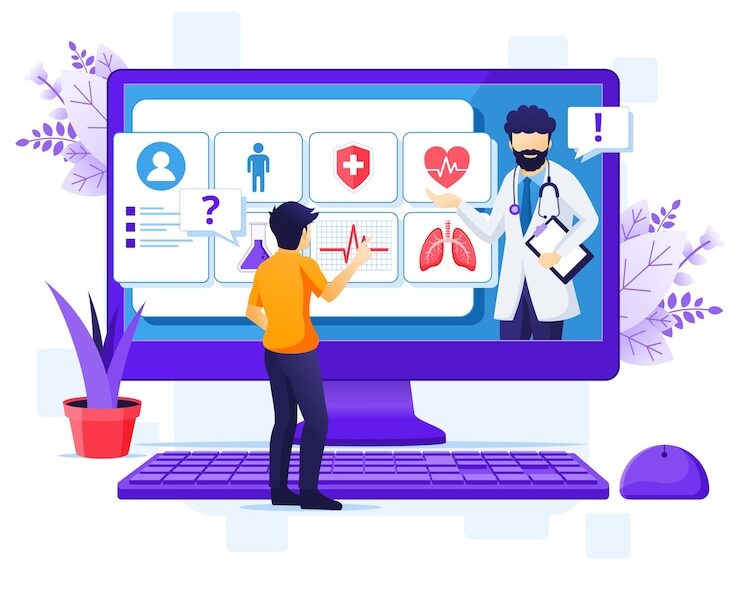

EHR & EMR Systems
Digitizing Patient Records for Better Care
Electronic Health Records (EHR systems) and Electronic Medical Records (EMR software) have transformed how clinics and hospitals store, access, and share patient information. Instead of using paper charts or scattered databases, electronic health record solutions centralize all medical data in a secure, cloud-based system. The best EHR software for clinics lets healthcare providers quickly retrieve lab results, treatment plans, and medication histories, which leads to faster diagnoses and better care quality. EMR software also helps maintain regulatory compliance and keeps sensitive patient data protected. With custom EHR development services, you can add features that fit your clinic’s unique needs, like automated updates and role-based access, so teams can collaborate easily while keeping data secure. A modern EHR system improves patient engagement, streamlines daily workflows, and ensures more accurate records, making it an essential investment for any healthcare organization.
Telemedicine & Appointment Scheduling
Connecting Care Anywhere
Telemedicine platforms and medical appointment scheduling software help healthcare providers deliver virtual care anytime, anywhere. Patients can easily book appointments through an intuitive portal, get automated reminders, and join video consultations with just a click. This level of convenience boosts patient satisfaction and reduces no-shows. Clinics can also triage urgent cases more effectively and reach remote or underserved communities. By partnering with experienced telemedicine app development teams or virtual care platform providers, you can build secure systems that integrate with EHRs to share treatment notes and prescriptions safely. Whether you run a private practice or a large hospital, using telemedicine software makes your services more accessible, scalable, and ready for the future. In today’s digital world, offering online appointments and virtual visits isn’t optional it’s essential.


Practice Management & Billing
Practice Management & Billing
A Practice Management System (PMS) streamlines every part of running a healthcare facility, from appointment scheduling and billing to insurance claims and reporting. The best practice management systems automate routine administrative tasks so your staff can spend more time focusing on patient care. Practice management software for doctors handles medical billing smoothly, processes payments quickly, and reduces errors, which improves cash flow and lowers the number of denied claims. Built-in reporting tools provide real-time insights into performance and revenue cycles, helping you make informed decisions. Whether you run a single office or multiple locations, a PMS keeps workflows consistent, supports compliance with regulations, and gives you better financial visibility. By combining a strong practice management platform with healthcare revenue cycle management services, you can grow your practice while maintaining high standards of care.
Fitness & Wellness Apps
Engage Clients with Digital Experiences
Fitness and wellness apps have become essential tools for gyms, personal trainers, and wellness brands. By partnering with a fitness app development company, you can create a custom fitness app that delivers personalized workout plans, nutrition advice, progress tracking, and virtual classes—all in one easy-to-use platform. With personal trainer app development, your clients can access workouts anytime, track their goals, and stay motivated through push notifications and in-app rewards. For businesses, fitness apps open up new revenue streams with subscription plans and online coaching. A mobile wellness coaching app also helps retain members by providing a smooth digital experience that keeps them engaged. Whether you run a fitness studio or a wellness coaching business, investing in a branded fitness app boosts customer engagement and builds loyalty in today’s competitive market.


Remote Monitoring & IoT Devices
Proactive Health Management
Remote patient monitoring and healthcare IoT device integration empower care teams to track vital health metrics in real time. Wearable devices and connected sensors collect data such as heart rate, blood pressure, glucose levels, and daily activity patterns. This information is securely sent to healthcare providers through remote patient monitoring solutions, allowing early detection of health issues and timely interventions. Patients benefit from continuous care without needing frequent clinic visits, while providers gain valuable insights into how treatments are working. Using connected medical device services helps improve outcomes for chronic conditions, lowers hospital readmissions, and supports proactive, personalized care. With IoT integration, healthcare organizations can deliver smarter, data-driven services that keep patients healthier and more engaged.

